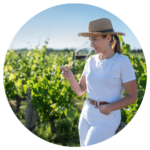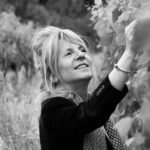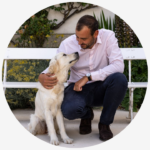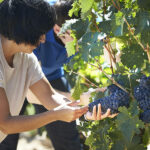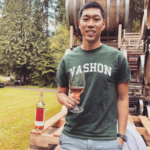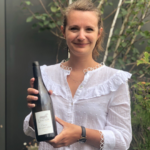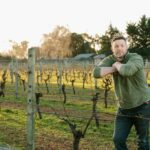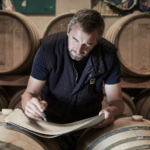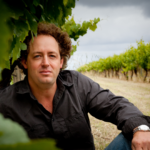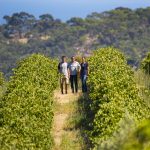Recent Offers
In Conversation With… Andrew Will Winery
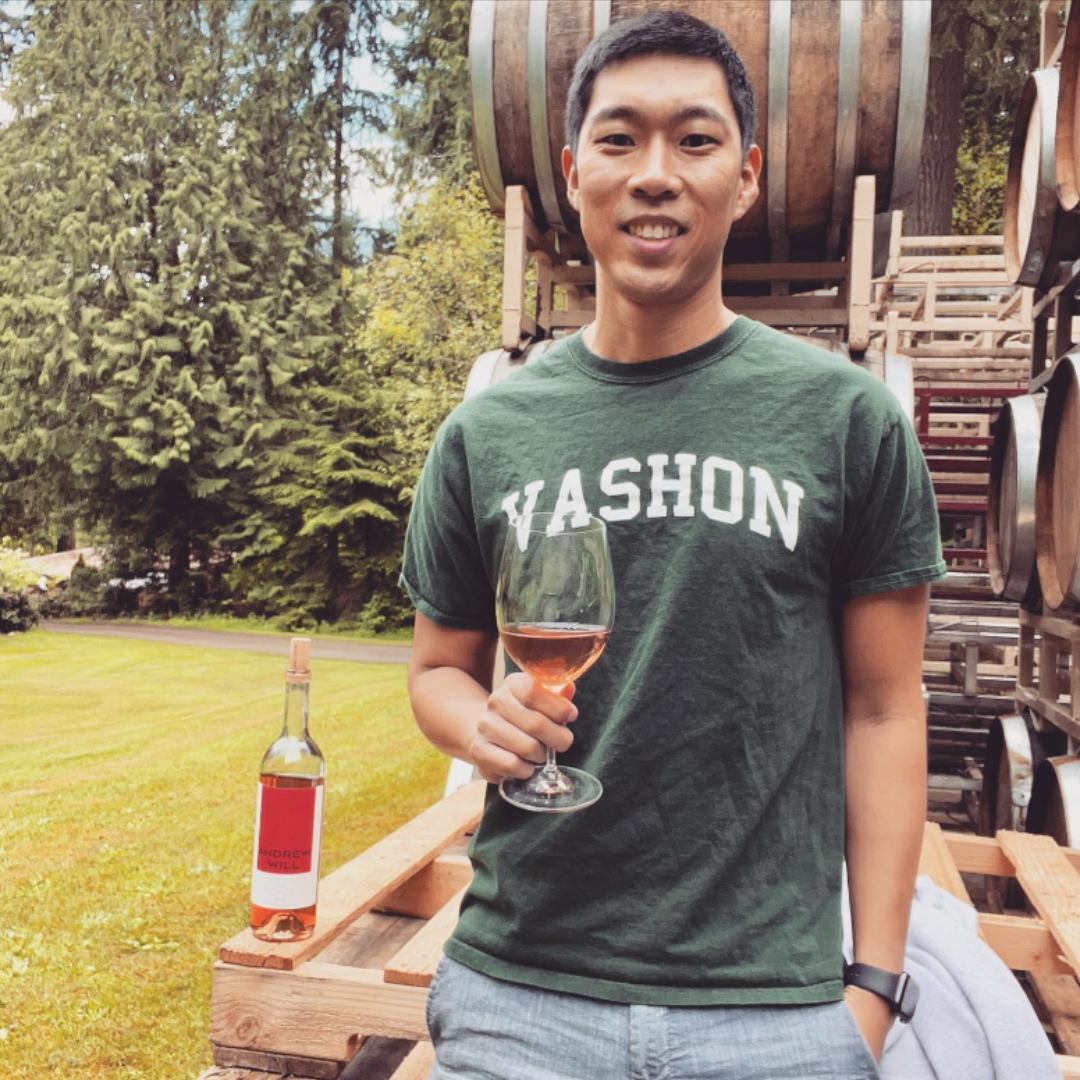
In Conversation with Will Camarda of Andrew Will Winery
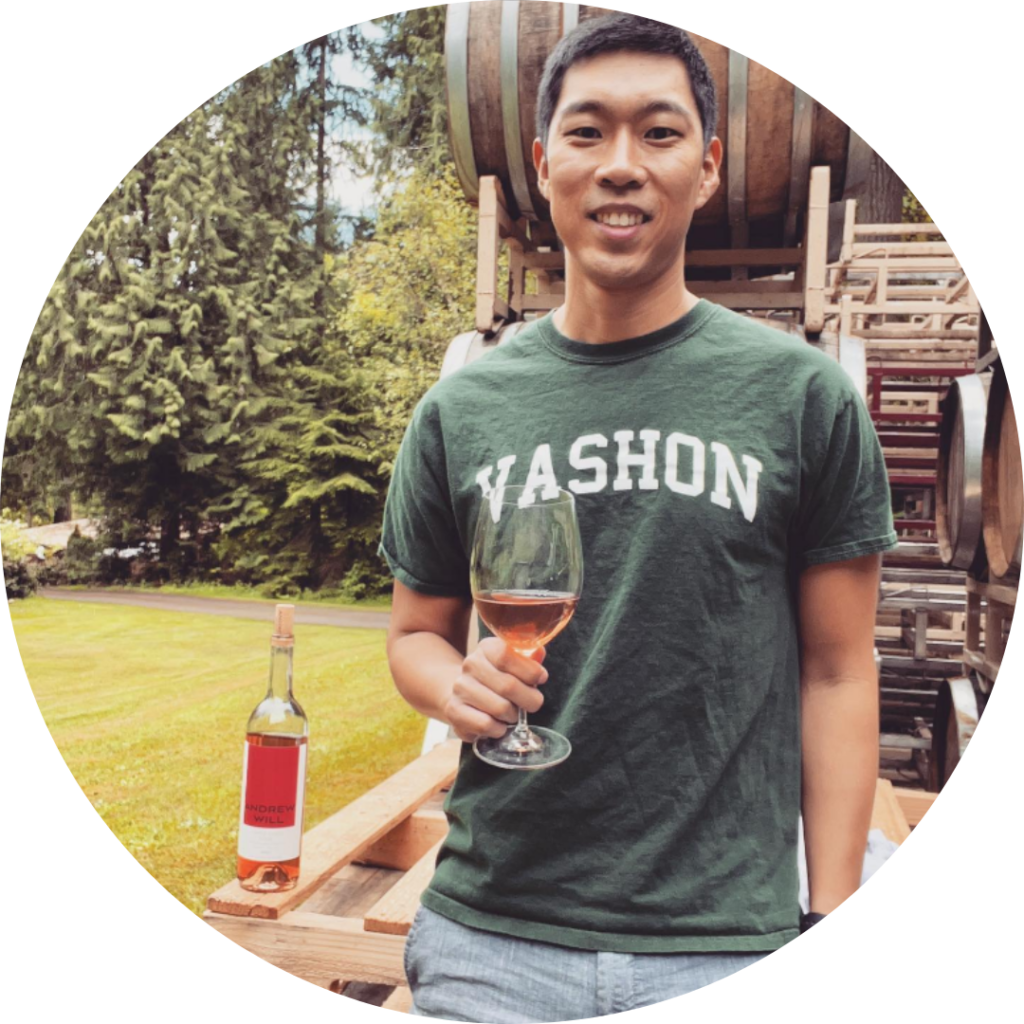
Andrew Will is one of the leading wineries in Washington State with excellent reputation for high quality and terroir-expressive wines. The winery was founded by Chris Camarda in 1989 and was named after his son Will and nephew Andrew. Chris is a self-taught winemaker, having developed a passion for wine whilst working in the hospitality industry. The wines are now made by second generation winemaker Will Camarda.
The first vineyards he decided to work with were Champoux in the Horse Heaven Hills AVA and Ciel du Cheval in the Red Mountain AVA, later incorporating Two Blondes in Yakima Valley AVA. Two Blondes is Andrew Will’s estate vineyard and the coolest site they work with. From 1999 onwards, Chris’s focus was firmly on blends from these vineyards and looking to emphasize a sense of place over varietal expression. The soils here are varied and diverse, dating to the time of the Missoula floods with wind-blown loess deposits and silt/loam from glacier melts on basalt bedrocks. Most vines are own-rooted; the well-drained soils and extremely cold winter temperatures mean that phylloxera never really took here. The region sees very high diurnal differences resulting in fresh acidities and a long ripening season. The Andrew Will winery has been located on Vashon Island, just outside Seattle, since 1994, with grapes being transported here from the more mountain-desert areas, across the Cascade mountains.
How did your family end up in the wine industry?
My father Chris Camarda always had a keen fascination with the world of wine. He started the winery back in 1989 while in the restaurant business in Seattle, where he worked as a wine buyer. In the early days, he spent time with some of the original pioneers of the Washington State wine industry including Rick Small of Woodward Canyon, Gary Figgins of Leonetti, and Alex Golitzin of Quilceda Creek, and he never looked back.
Did you explore other opportunities as well or did you feel that you were destined to work in wine, given your family history with the vines?
As a kid, I never thought that I would end up working at the winery. I had always planned on being an architect and enrolled in an architecture degree at college, but ended up obtaining a degree in Environmental Geology. Growing up on the estate seeped into my subconscious over time and naturally I became drawn to the family business, which springboarded my winemaking career when I eventually joined Andrew Will in 2013.
How do you and your father split day-to-day operations?
How has your winemaking approach and the style of your wines evolved?
I have stayed true to the ‘family’ winemaking style – it helps that my dad and I have similar palates! I have mostly built upon the style of winemaking that my dad taught me, though I have developed my own personal style when it comes to blending.
I have also become increasingly interested in exploring different grape varietals. I purchased a large quantity of Syrah from the Rocks District AVA in Walla Walla, WA last year and did whole cluster fermentation, something we have not yet done at the winery. I am excited to see the results!
What makes your land different from that of your neighbours and how does this impact the wine?
The Champoux Vineyard is an utterly unique place and the vineyard management methods that we use have been consistent for over twenty years. It also has amongst the oldest vines in the state, even as a small vineyard in comparison to most vineyards in the Horse Heaven Hills AVA. The grapes from Champoux are used for our two most premium bottlings, Sorella and Champoux Horse Heaven Hill, both of which are incredibly elegant and extremely age-worthy. Bottles of the 1995 and 1996 Sorella are only getting better each year.
The Two Blondes Vineyard sits at a higher elevation of 1100 feet and is further west than our other two vineyards, so we typically get later ripening fruit. This vineyard produces wines with a ton of character and a unique floral aspect on the nose which we have witnessed consistently from vintage to vintage.
What have been the biggest challenges and successes in recent vintages?
The biggest challenge in the last few years has to be the potential threat of smoke taint from wildfires. It is by far one of the hardest challenges facing many wineries on the West Coast – we have been extremely fortunate to not have had any issues with smoke taint in our wines.
Since 2017, managing picking dates during some very warm to hot vintages have been both a challenge and a success. Even in hotter vintages we have been able to create fresh and vibrant wines that still show plenty of depth and structure. Of our recent vintages, I am a big fan of the 2017, 2018 and 2020 wines.
Do you have any new project in the pipeline that you can share with us?
I am working on my own label called “Dip and Strike” which is a geology term for measuring angles and orientations of rock formations. I hope to create a separate line from Andrew Will that focuses on some the non-traditional Andrew Will varietals; I am looking at Rhône varietals as we brought in the first Mourvèdre ever this year. We are also continuing to bolster the strength of our newer Involuntary Commitment wines which is the second range from Andrew Will with a focus on creating high-quality wine at a more entry level price point.
How is the new vintage shaping up?
We are right in the middle of harvesting our 2022 vintage and everything is looking great so far. We had a cool spring and thus a delayed harvest start date. Even with the late start, all of the fruit that has come in shows great phenolic ripeness levels. I am really excited for this vintage.
When you are not drinking your own wines, what else do you enjoy?
I keep a healthy amount of wine in my cellar, including Lopez de Heredia, JJ Prum, and Mee Godard. Lately, I have been enjoying Nerello Mascalese from Mount Etna, and have always had a soft spot for Tokaji and Sauternes. I must admit that though I enjoy drinking Sherry I tend to stick to what I know, and I like to keep a few bottles of Bodegas Lustau on hand.

